What Makes Diesel Engines Unique?
When it comes to vehicles, fuel matters. Not only does fuel matter when it comes to the type of vehicle you purchase but also when it comes to maintenance. It's important to understand the difference between gas and diesel engines so that you can ensure you're getting the proper maintenance and repairs done. Let's look at a few reasons why diesel engines are unique.
Diesel Fuel
A diesel engine can only use diesel fuel, which is vastly different from gasoline. Although both forms of fuel come from the raw material of crude oil, the two fuels are not the same and should never be mixed up when filling up your tank. Diesel is thicker and has more energy density than gasoline. Another difference is the thermal efficiency of diesel engines; this refers to the work that you can expect the engine to handle. The thermal efficiency of diesel is about 20% more than that of gasoline, per the Universal Technical Institute.
Fuel Efficiency
Because a diesel engine has a 20% greater thermal efficiency, as noted above by UTI, it provides 20% better fuel economy for vehicles. This is an important factor that makes a diesel engine unique. Although diesel fuel is somewhat more expensive than gasoline, you can expect to get more done and go farther with the fuel you buy.
Fuel efficiency will be affected by maintenance, which many people ignore. According to AutomotiveResearch.com, in total, 7.9% of consumers indicate they have delayed routine vehicle maintenance. Consumers who own used vehicles, consumers with vehicles eight years or older, and millennials are significantly more likely than their counterparts to delay routine maintenance. Fortunately, a diesel repair shop can help with such maintenance!
Vehicle Variety
Diesel engines come in a variety of vehicles and types of equipment. Medium-duty trucks, heavy-duty trucks, cruise ships, and power generators can all operate on diesel. Diesel engines are often put into a variety of vehicles and equipment because there's greater cost efficiency since the thermal efficiency of diesel is greater.
Low RPMs
A diesel engine is also unique because it runs on lower RPMs. This refers to the revolutions per minute in the engine. When an engine is running on lower RPMs, there's less wear and tear on the engine over time. This is another factor that makes a diesel engine more cost-effective, especially in an industrial or commercial setting.
Greater Power
An engine with greater thermal efficiency translates to greater power and torque. You get a bigger bang for your buck when you use a diesel-powered engine! For heavy-duty trucks and equipment, it's important to have an engine that will provide the power you need to get work done efficiently.
If you're looking for a diesel repair shop, contact Twin Ports Diesel & Auto today. We provide expert diesel engine repairs and maintenance!

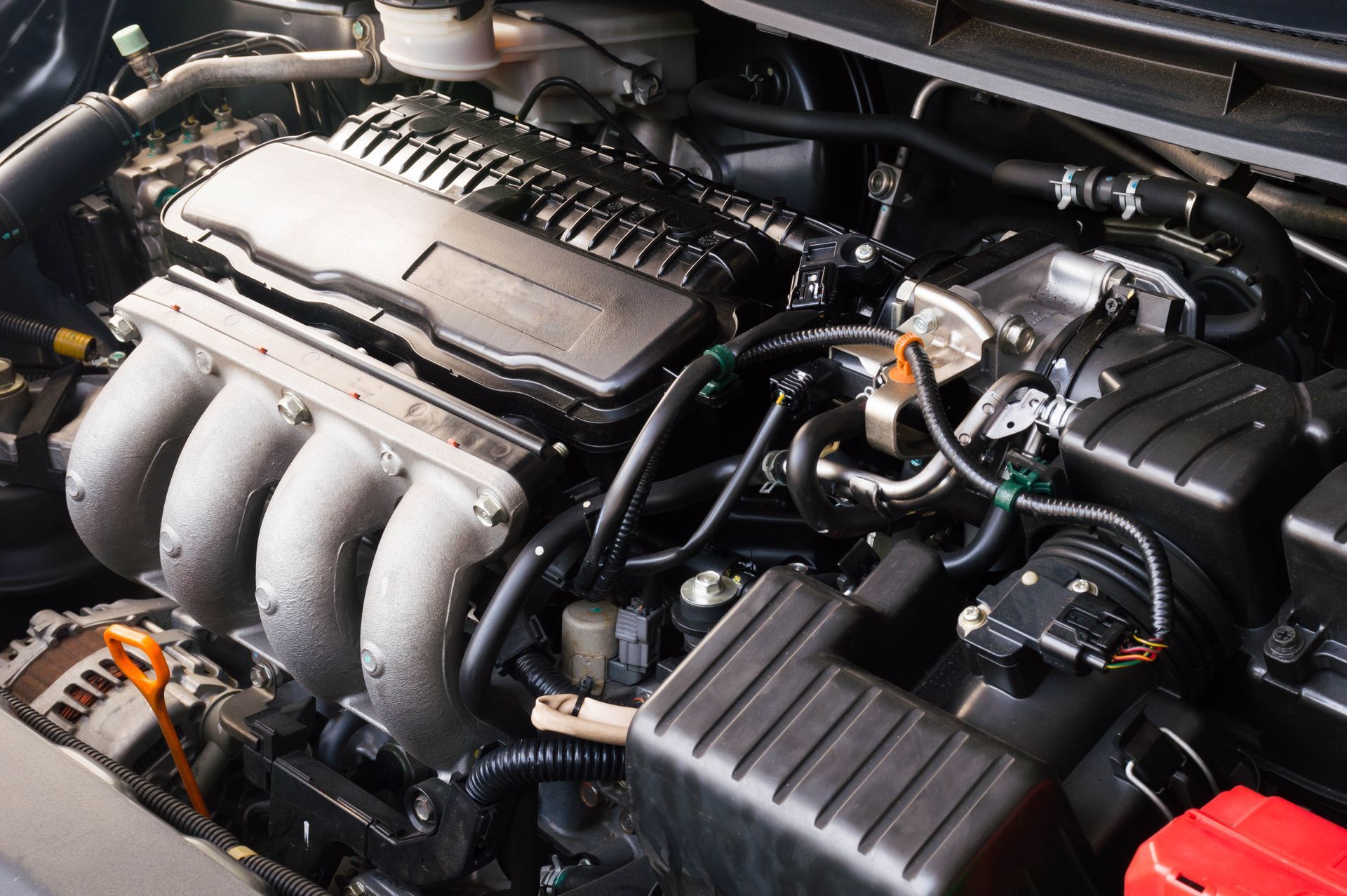
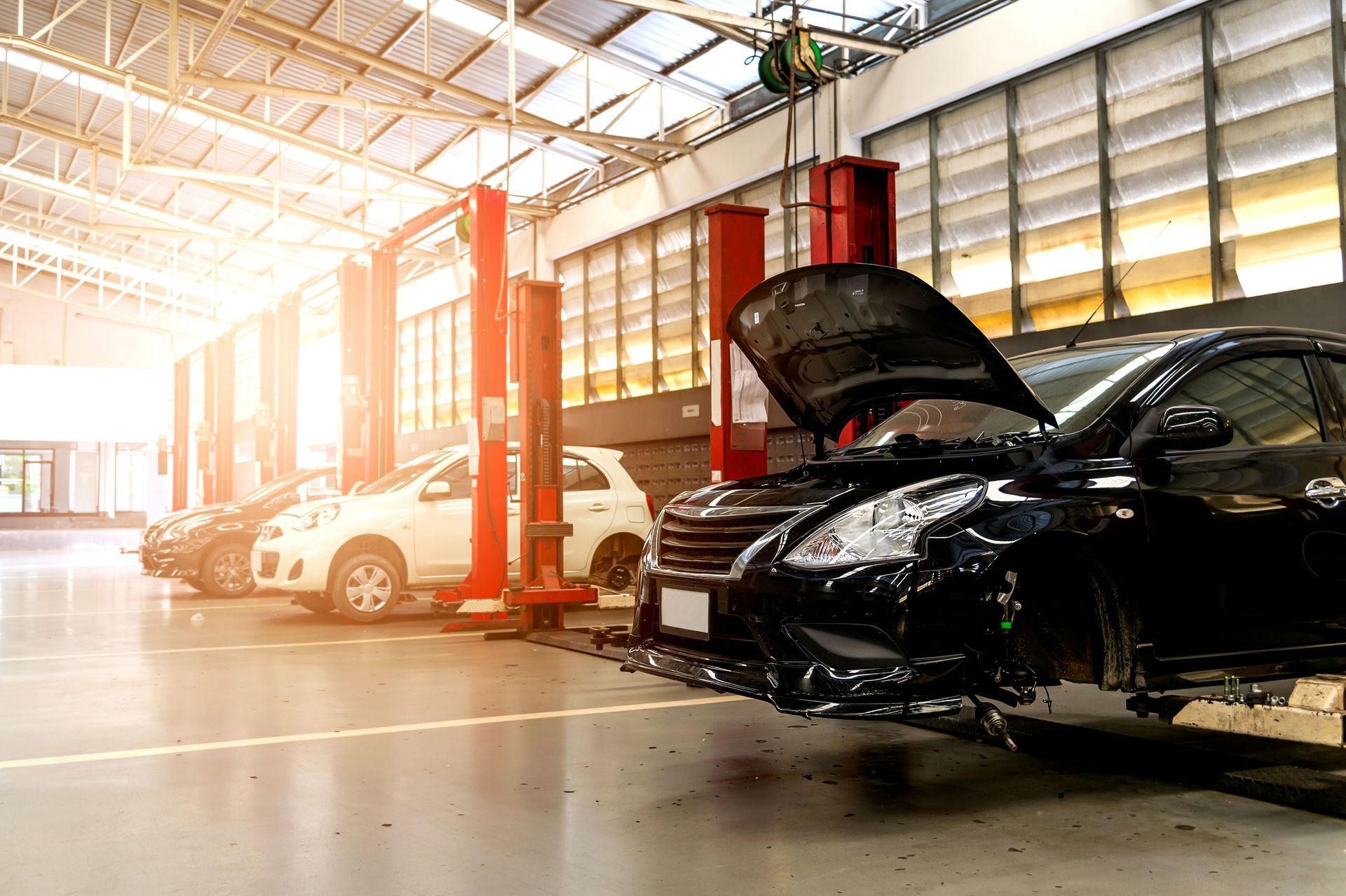

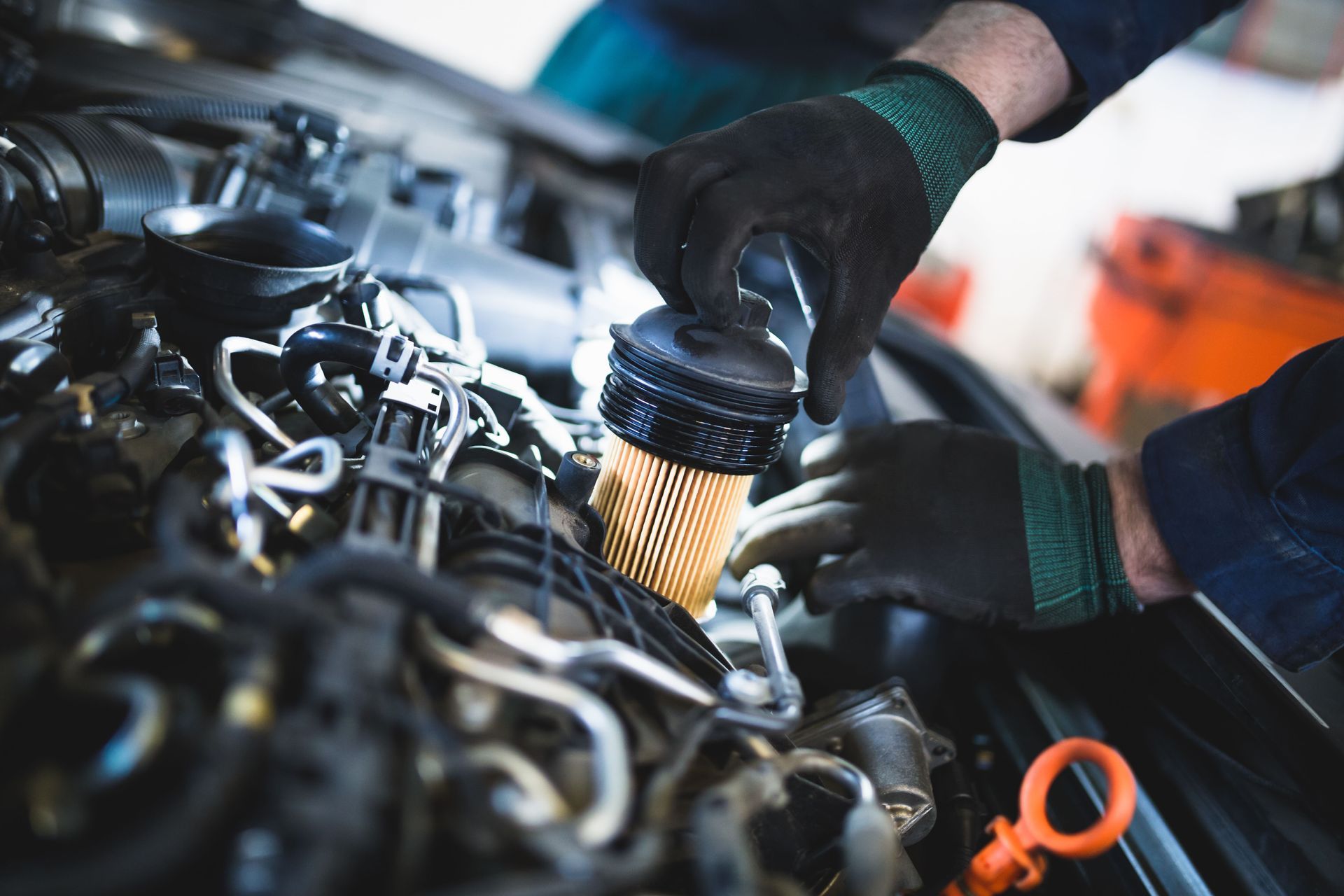
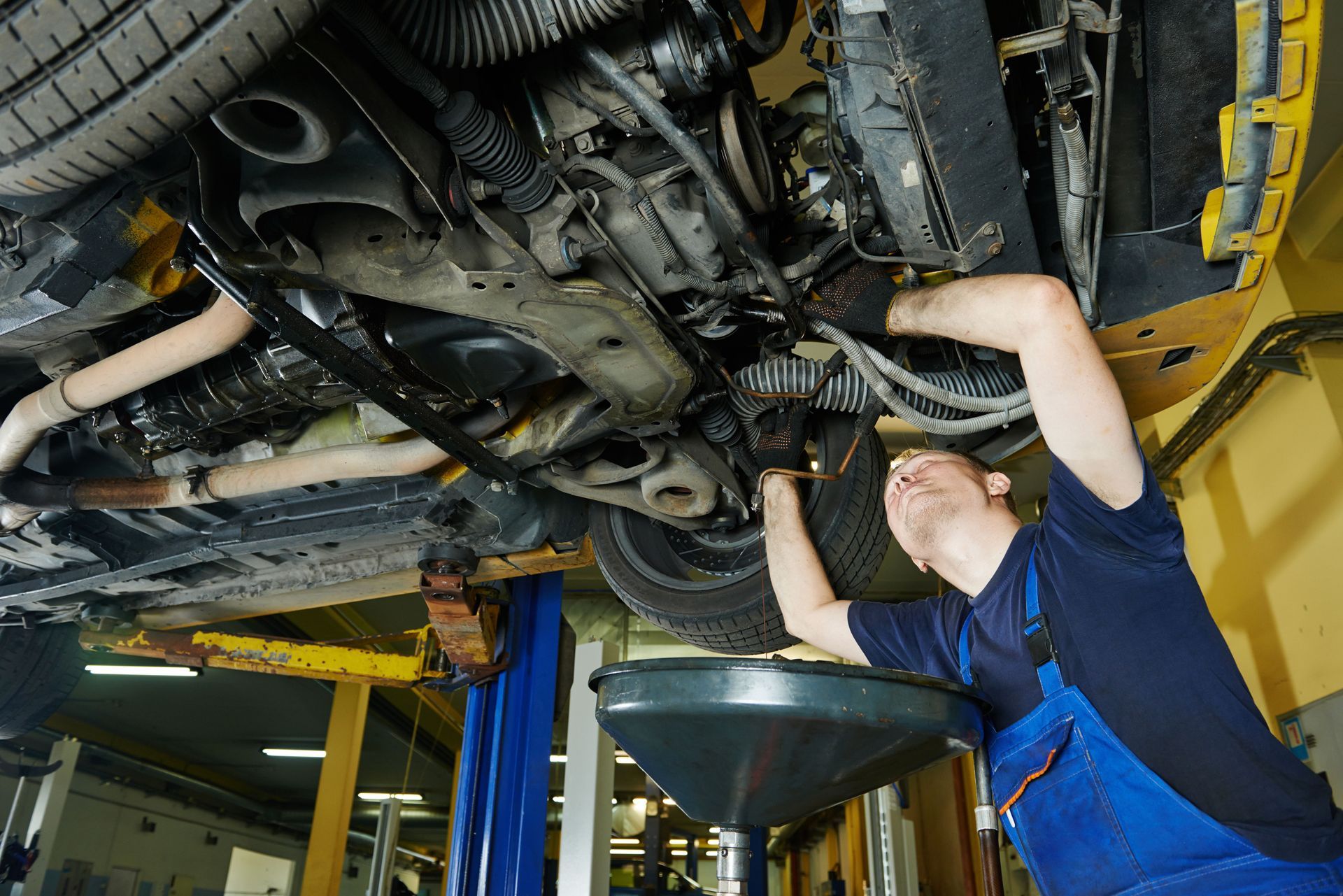

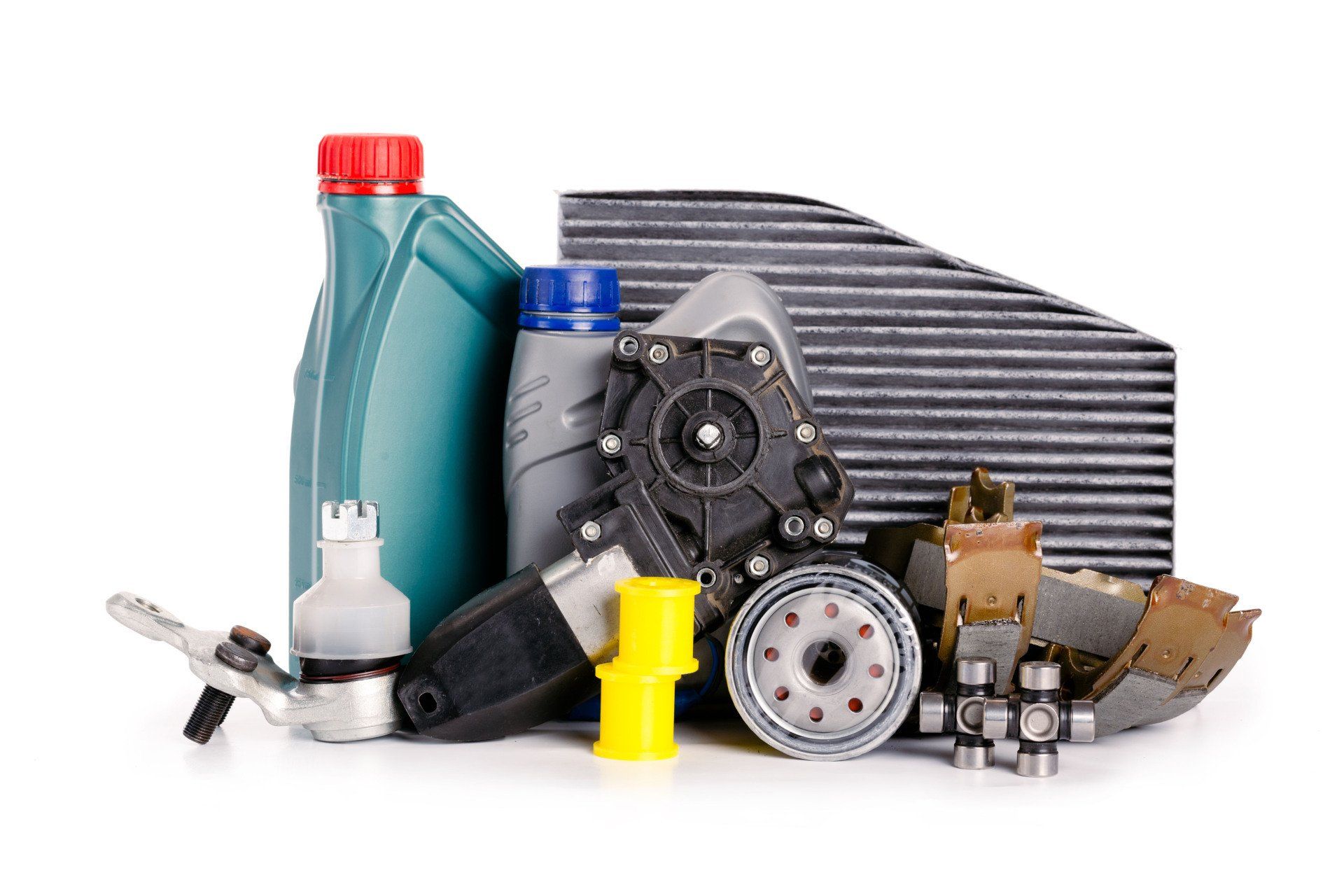
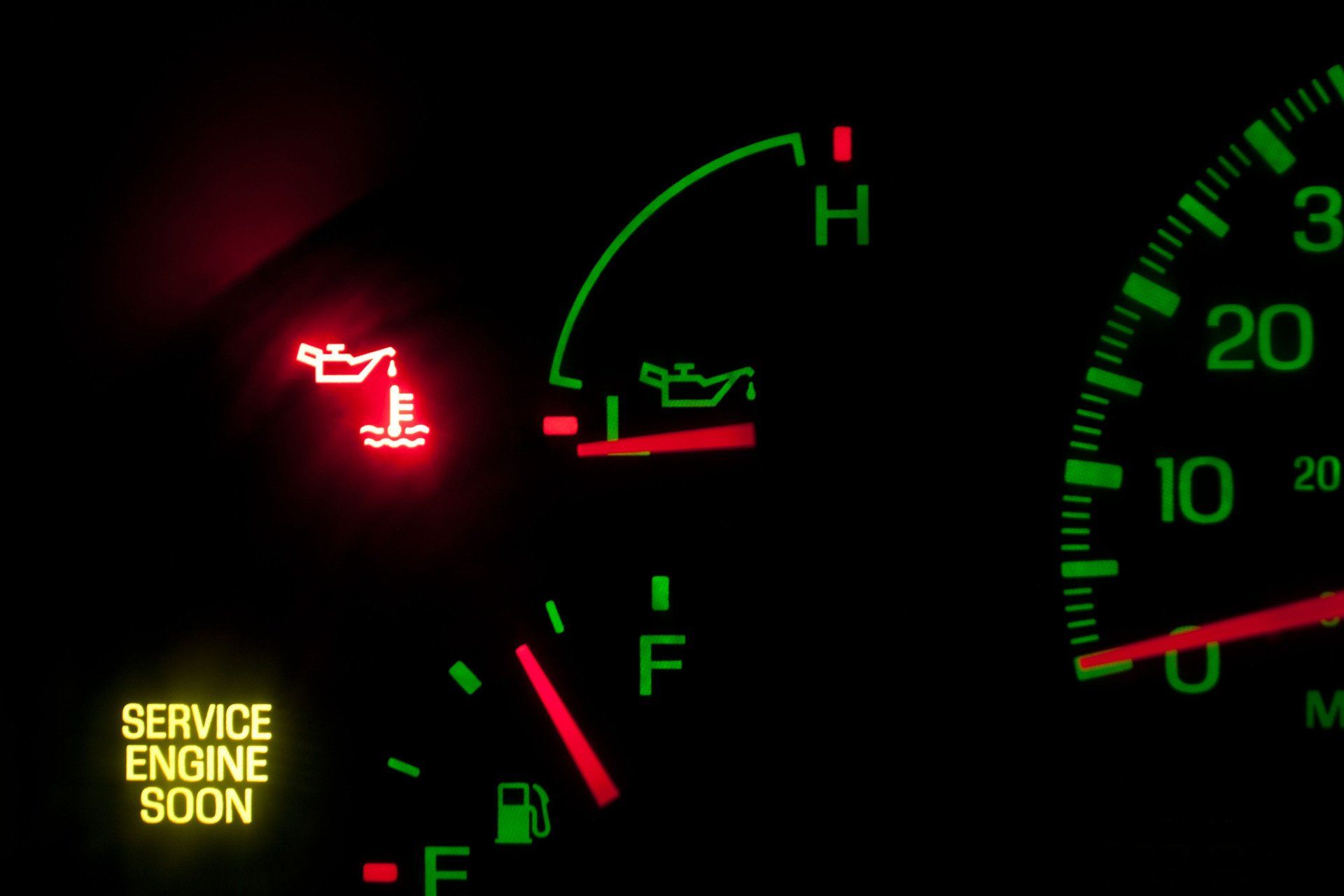
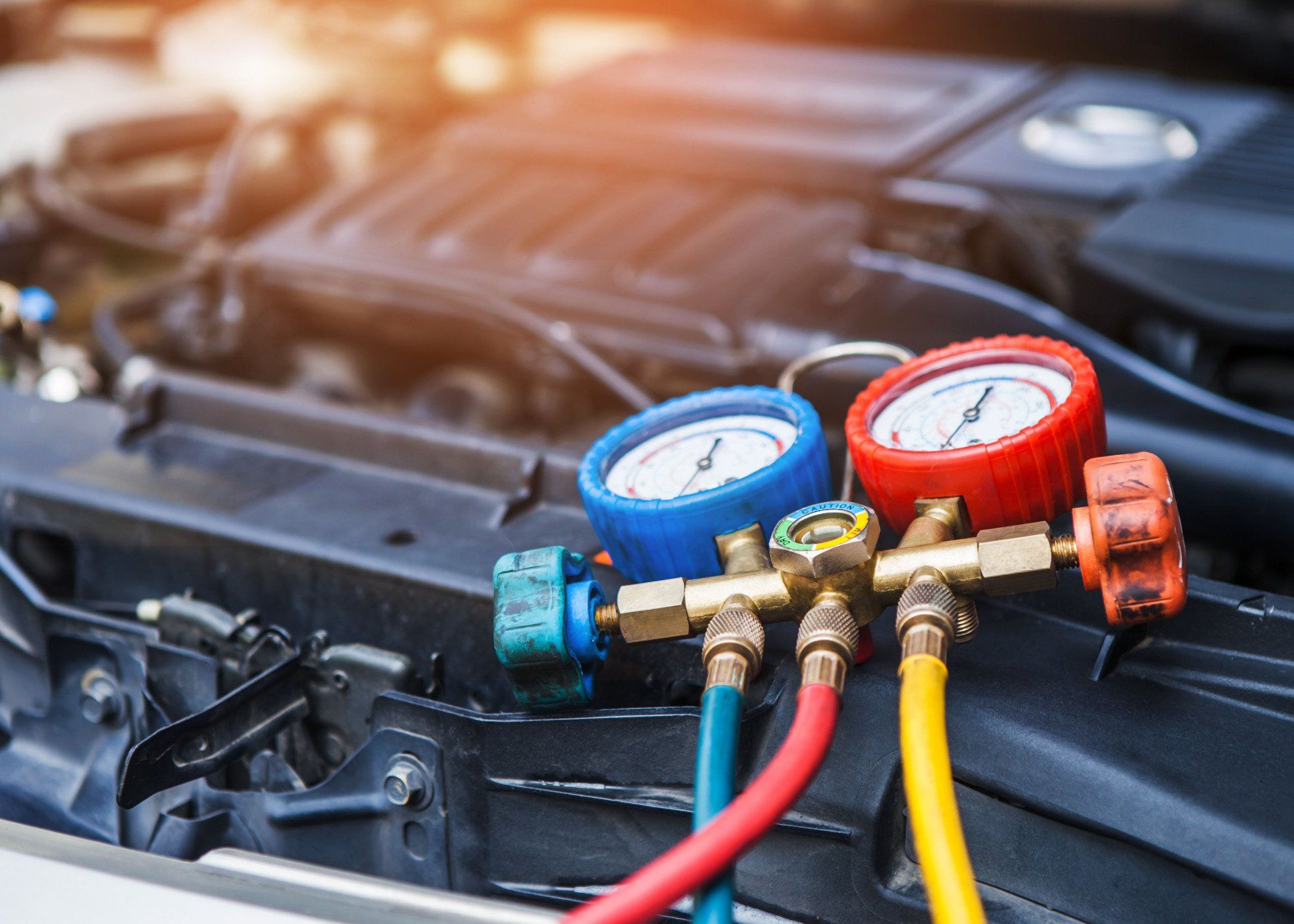




Share On: